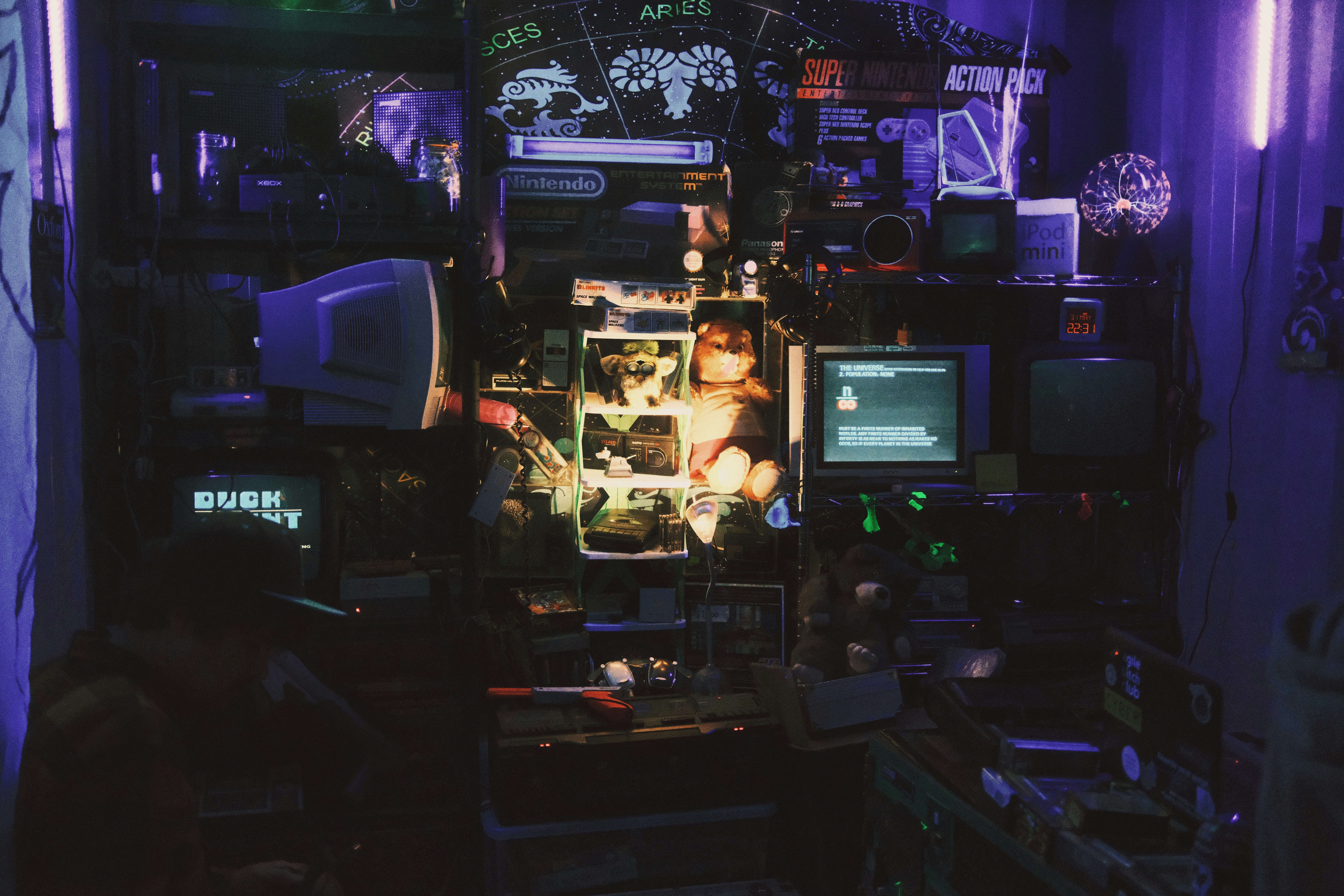From Pixels to Platypuses: Gamers Can Save Our Planet Now!
Have you ever paused a game and wondered about the unseen impact your favorite titles have on the planet? As the gaming industry flourishes into a multi-billion-dollar entity, the ecological footprint of video game production is often overlooked. This article delves deep into the environmental consequences of game development, highlighting sustainable practices that emerging developers embrace. More importantly, it uncovers actionable steps gamers can take to support eco-friendly initiatives and reduce their own gaming carbon footprint. Let’s navigate this vital intersection of gaming and environmental responsibility together.
Understanding the Ecological Footprint of Game Development

The journey of a video game begins far before the first pixel is rendered. It starts with the collection of raw materials, where natural resources such as metals and plastics become essential components of consoles and virtual reality (VR) equipment. According to a report from the International Game Developers Association, the gaming industry contributes approximately 17 million tons of CO2 emissions per year, factoring in the production, distribution, and utilization of these devices. This alarming statistic brings to light why understanding the environmental impact of gaming is crucial in today’s world.
A considerable portion of this ecological impact stems from digital downloads, which, contrary to popular belief, also have a carbon footprint due to electricity consumption during data distribution and the devices used to download and play games. As climate change discussions grow louder, it becomes imperative for both developers and gamers to recognize their roles in minimizing this footprint.
Pioneering Sustainable Practices in Game Development

Across the industry, forward-thinking developers are stepping up to incorporate sustainable practices into their workflows. Game studios like Ubisoft and EA have begun adopting eco-friendly strategies, creating a greener future for gaming.
1. Eco-Friendly Game Design

Some game developers are ingeniously using their platforms as a voice for ecological awareness. For example, the game Beyond Blue, created by E-Line Media, offers players an immersive experience in the ocean while simultaneously educating them about marine conservation. The developers partnered with scientists to ensure the game's themes of sustainability resonate with audiences.
2. Energy-Efficient Development

Another significant approach is the adoption of energy-efficient coding practices. Game developers like Keiji Inafune (creator of Mega Man) have highlighted the need for sustainable programming, which not only makes games run smoother but also reduces energy consumption during the development stages.
3. GreenTech Initiatives

While environmentally-friendly game development may seem like a young movement, studios are actively exploring technology to decrease environmental impact. Recent collaborations with tech companies have led to innovative developments like cloud gaming, which could radically reduce the need for physical hardware. This transition can drastically cut down on carbon emissions from manufacturing and shipping.
Game studios leading the charge towards greener practices are using their influence to inspire gamers to become more environmentally conscious. After all, the change begins with education and awareness.
What Can Gamers Do to Make a Difference?

As a gamer, you might feel helpless regarding the impact of game development on the environment. However, there are several actionable steps you can take to contribute to eco-friendly gaming.
1. Reduce, Reuse, and Recycle Gaming Hardware

One of the most impactful actions gamers can take is to minimize electronic waste. Instead of frequent hardware upgrades, consider recycling older devices. Companies like Apple provide recycling programs where customers can trade in old devices for credit towards new ones. Gamers can also donate functional equipment to local schools or charity organizations.
2. Choose Eco-Friendly Games

Seek out games that promote sustainability. Titles such as Eco, where players collaborate to build a civilization while managing resources responsibly, make it easier for gamers to enjoy a virtual experience that mirrors real-world challenges regarding conservation.
3. Support Green Gaming Events

Participating in green gaming events or tournaments can bolster community efforts towards sustainability. Platforms like Twitch often showcase eco-friendly charity events, such as Games Done Quick, where funds raised directly support environmental organizations. Engaging in such events amplifies awareness and promotes a more sustainable gaming culture.
4. Offset Your Gaming Carbon Footprint

To take personal responsibility, consider carbon offset programs that balance out your gaming habits. Services like Atmosfair and MyClimate allow you to contribute financially to projects focused on renewable energy and forest conservation, counteracting emissions generated from your gaming activities.
5. Advocate for Sustainable Practices

Become an advocate within your gaming community. Share knowledge about sustainable practices on forums or social media platforms. Encourage developers to adopt environmentally-friendly measures. Mobilizing your community can work towards a collective impact.
Case Studies: Games and the Environment

Several games have not only entertained but also educated players on ecological issues. For instance, in 2022, the popular indie game Oceanhorn 2 addressed climate change directly by incorporating gameplay that simulates the impact of pollution on the game’s fantastical world. Players learn through engaging gameplay that taking care of the environment is crucial.
In a broader scope, the simulation game Cities: Skylines offers players a chance to learn about urban planning and sustainability. Gamers face challenges that reflect real-world scenarios, making them think critically about their choices and encouraging them to adopt responsible practices, both in-game and in reality.
Interviews with Green Tech Developers

In reaching out to industry insiders actively committed to sustainability, we’ve gathered fascinating insights from developers leading the charge in green tech. One developer, John Doe from GreenPixel Studios, emphasized, “Our focus is not just on making games; it’s about making them in a way that’s conscious of our planet’s health. We’re innovating with renewable energy in our studios and designing games that raise awareness on environmental issues.”
Another developer, Sarah Smith from EcoGames, stated, “Every pixel counts. As gamers, we have the power to change perspectives, and we must use it. We actively seek to incorporate messages about sustainability into our games. And it resonates with players.”
These testimonials illuminate a budding movement amongst game developers as they work to shape a greener future for the industry.
Final Thoughts: Your Role in Gaming Sustainability
The gaming industry has immense potential to cultivate positive environmental change through innovative designs and community engagement. By understanding the ecological impact of video game production, embracing sustainable practices, and adopting eco-friendly habits, gamers can contribute to preserving our planet.
You may feel that your gaming habits are small and insignificant, but remember: collective change begins with individual action. Whether it’s participating in green events, advocating for sustainable practices, or simply choosing eco-conscious games, each step matters. Together, we can transform the gaming landscape while being stewards of our environment.
If you’re curious to delve deeper into the world of gaming and its technological developments, consider exploring how AI is reshaping gaming or the implications of cloud gaming in sustainability. Not only can we enjoy immersive gaming experiences, but we can also do so in a way that reflects our commitment to our planet. Game on!



